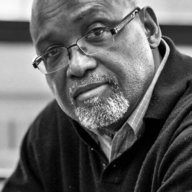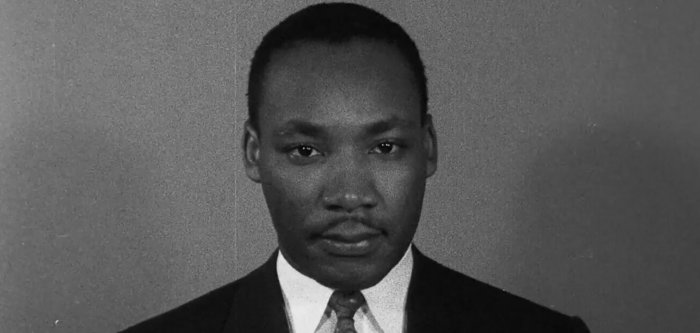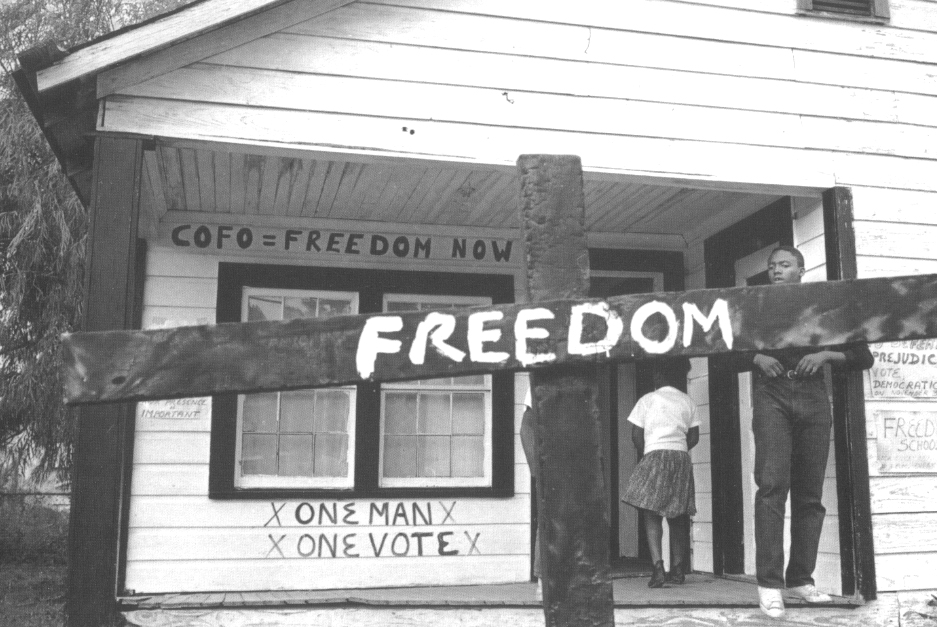While filming the documentary “MLK/FBI,” an exploration of the United States’ efforts to surveil and harass Dr. Martin Luther King Jr., director Sam Pollard uncovered an America that saw the civil rights icon as a pariah.
Behind the illustrious history of King’s nonviolent demonstrations and the partisan machinations to rewrite such moments for political gain was a complex man feared by many to be a powerful provocateur. According to Pollard, King challenged men like J. Edgar Hoover, destroying the FBI director’s concept of what America should be.
“MLK/FBI” shows audiences an America that brought the full force of the government to bear on King, a sharp contrast from the man school students know for his “I Have a Dream” speech. The film was a catharsis for Pollard — a documentary about a civil rights luminary and a fallible man whom the FBI went to extraordinary lengths to slander.
“This film really dug into the fact that (King) was being monitored and investigated throughout most of his adult life as a man who should be considered one of the most dangerous men in America,” Pollard said. “This was an opportunity with ‘MLK/FBI’ to look at Dr. King from another perspective, and to really see him as a human being, who had feet of clay.”
In mid-January, Pollard, a filmmaker and documentarian praised by Henry Louis Gates Jr. for his unique vision of the African American story, comes to Scribe Video Center with his films “MLK/FBI” and “Two Trains Runnin’.”

Pollard, who came up as an editor in the 1970s alongside legendary filmmakers George Bowers and Victor Kanefsky, will present his work on Jan. 13 and 14, followed by a conversation with audiences the final evening. Attendees of the online event will learn about the films viewed and Pollard’s award-winning portfolio — a decades-long career that saw him breathe new life into the stories of Shirley Chisholm, Pete Seeger, Barack Obama, and so many others.
Perhaps most notable are his collaborations with director Spike Lee throughout the 1990s. During the period, Pollard used his evolving editing talents to shape some of the country’s defining conversations about race and identity with such films as “Mo’ Better Blues” and “Jungle Fever.” The duo later earned an Academy Award nomination for the 1997 film “4 Little Girls,” a documentary feature about four young African American girls murdered when the Ku Klux Klan bombed the 16th Street Baptist Church in Birmingham, Alabama.
Pollard noted that piecing together a film in the editor’s booth is more than a puzzle. Archival footage, audio tracks, interviews, and more require a meditative, step-by-step process. “It’s like what I call creating building blocks,” Pollard said. “You want to build them from the ground up and hopefully they don’t tumble.”
“They do, at times,” he continued. “But then you go back and you rebuild.”
Eventually, ambition, and what he now humbly admits was ego, saw Pollard, a Harlem native, transition to the director’s chair, his first project being a segment of the PBS docuseries “Eyes on the Prize.” Early confidence behind the camera soon waned when he realized that total control over the project meant full responsibility for its success or failure.
“‘Eyes on the Prize’ was a real baptism by fire because it was part way through that job where I thought, as I said, maybe I’m not cut out to be a director,” Pollard said. “I let my ego sort of say to me, ‘OK, you’ve got to really step up.’”
“By the end of that series I had done two shows, “ he continued. “[Then] I knew I could be a director.”

Pollard’s contributions behind the camera continue to invigorate the national conversation, with films like “Maynard,” about Atlanta’s first Black mayor, Maynard Jackson; “Mr. SOUL!,” the story of music talk show host Ellis Haizlip; and his latest work, “Citizen Ashe,” a documentary film chronicling the life of athlete and activist Arthur Ashe. And then there’s the second film he’ll be showing at Scribe this month, “Two Trains Runnin’.”
“Two Trains Runnin’” is an ambitious documentary that parallels two groups of young people searching for legendary blues musicians Skip James and Son House with the 1964 “Freedom Summer” project in Mississippi. The film comes to a crescendo when searchers find both singers at the exact moment that three civil rights activists — James Chaney, Andrew Goodman, and Michael Schwerner — go missing in the state.
“This is both a music story and a civil rights story, and we were able to shoot great performances with musicians,” Pollard said.
Hip-hop artist and entertainer Common narrated the film, which also includes appearances by musicians Gary Clark Jr., Lucinda Williams, and others.
Powerful stories such as these keep Pollard pressing on, even as the technology in film continues to evolve. With every passing day, the industry digitizes in new ways, he said, but one thing remains the same — storytelling. “The biggest challenge for all time, be it documentary or fiction, is how to tell a story,” Pollard said. “And that hasn’t changed.”
Scribe Video Center presents two films by acclaimed filmmaker Sam Pollard. On Thursday, Jan. 13, at 7 p.m., see “MLK/FBI.” On Friday, Jan. 14, at 7 p.m., see “Two Trains Runnin’,” followed by a conversation with Sam Pollard. The screenings and discussion will be presented online through the Crowdcast platform. For more information, go to www.scribe.org or contact inquiry@scribe.org or 215-222-4201.




























